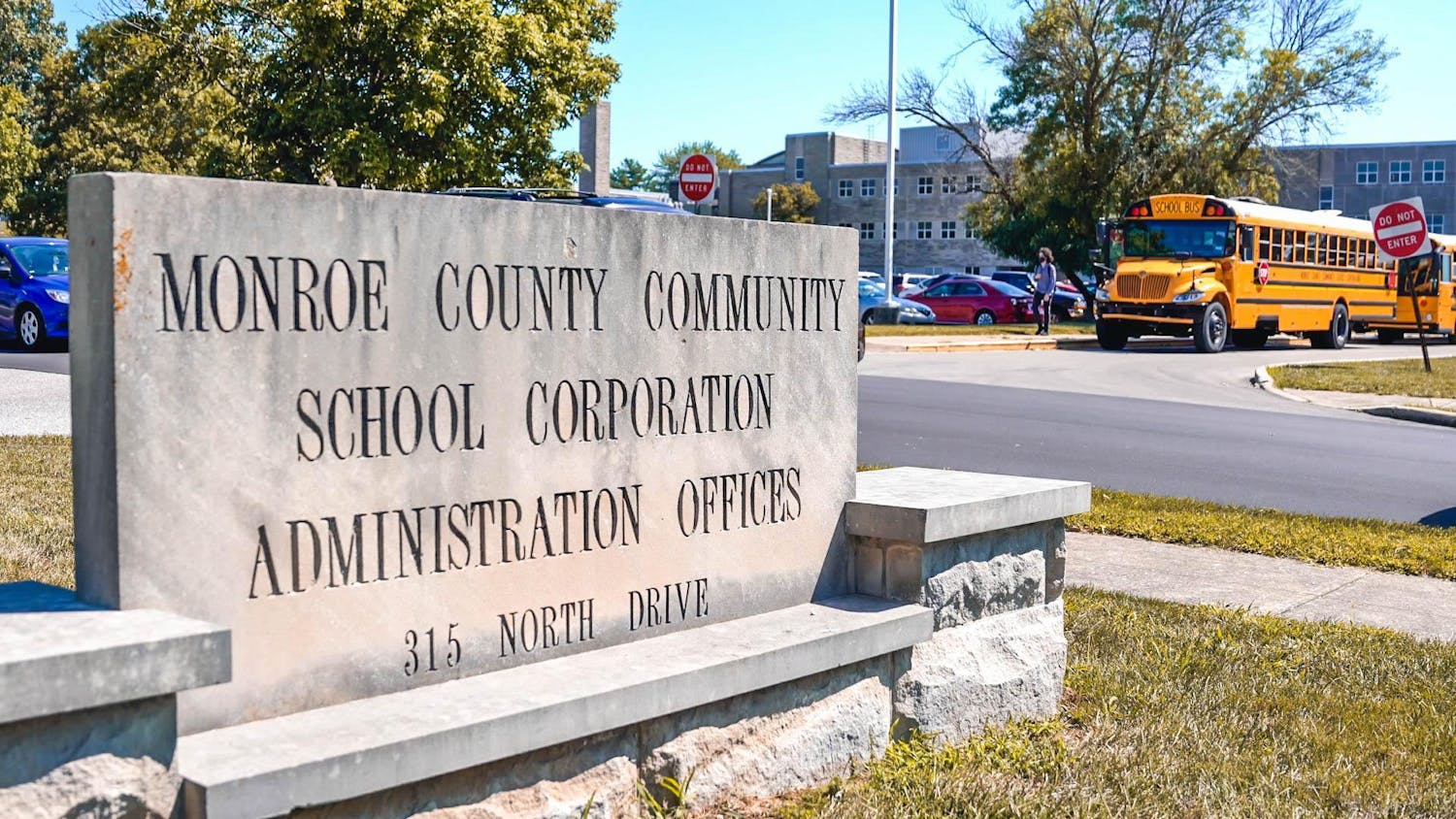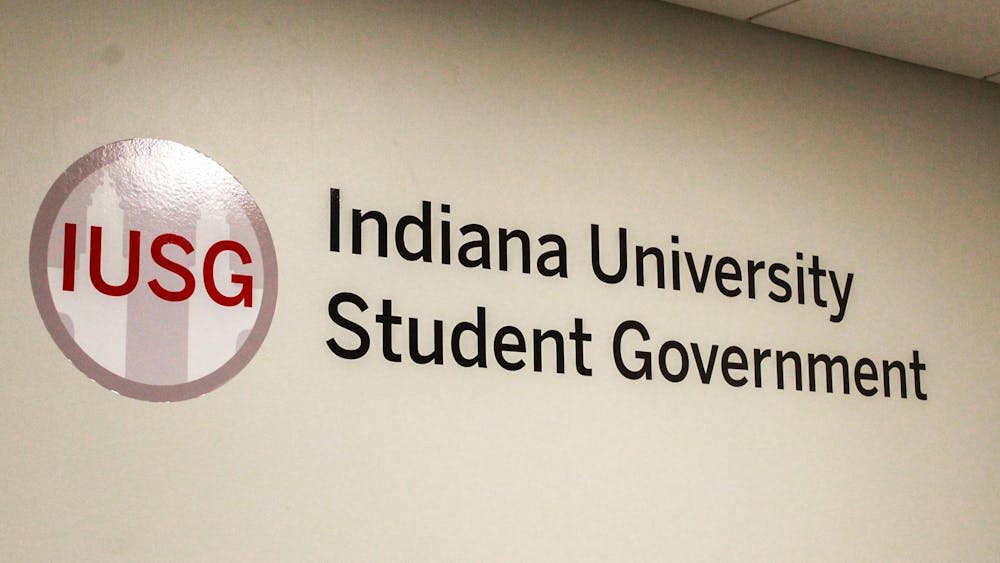The Trump administration dissolved a federal panel IU climatology professor Justin Maxwell said was integral in helping policymakers integrate climate research into long-term planning.
Ben Friedman, the National Oceanic and Atmospheric Administration’s acting administrator, notified members that the administration would not renew the panel’s charter, which expired Sunday.
Maxwell, an assistant professor in the Department of Geography, said the committee was meant to explain expected climate changes and discuss plans for building codes and infrastructure to protect against extreme weather caused by climate variability.
He said the floods in Houston this week are an example of this extreme weather and a reason why the United States must incorporate climate variability research into infrastructure through panels like this one.
“The more prepared we are, the better off everyone will be,” he said. “If we aren’t, it could cause a lot of destruction.”
Maxwell said the loss of the panel will leave cities on their own to wade through data and scientific jargon with limited funds and resources in order to figure out what’s best for them.
While the government has made it a local issue, Michael Ellis, an IU environmental studies major, said climate change should be tackled on a national level through federal committees because infrastructure connecting cities should be adaptable to climate change. If one city faces a natural disaster it isn’t prepared for, Ellis said it will affect surrounding cities, the state and the country as a whole.
He also said the initial cost of the committee and research far outweighs the money the U.S. will spend on recovery if a single city faces unexpected extreme weather.
In Houston, recovery for Hurricane Harvey is expected to cost $50 billion, according to a Moody's Analytics estimate. Damages have also resulted in a 10-cent increase in gas prices, according to AAA Motor Club.
Destruction has also slowed Houston's export of resins, plastics, chemicals and minerals, raising prices for countless household products.
“We can either spend some money now to prepare and to potentially even save lives or we could spend a lot of money very quickly when things go wrong, and we aren’t prepared,” Ellis said.
Ellis said other recent administrative decisions, including removing climate change references from the National Institutes of Health and White House websites, show an anti-science trend that extends to policy.
The president also signed an executive order Aug. 15 that rolled back infrastructure requirements that instructed builders to take climate change and sea-level rises into account in coastal floodplains.
“The administration has no strategy,” he said. “Climate change is almost a punching bag for them.”
If you told him the administration decided to scrap the committee a year ago, Maxwell said he wouldn’t have believed you. He said he isn't surprised by what happened.
"This administration, they don’t care,” Maxwell said.
As a result, Maxwell said the issue has become politicized, and standing on either side of the debate has become a political statement rather than a concrete step toward combating climate change.
“We need to take the politics out of it,” he said. “People are being affected. There are extreme natural disasters, like in Houston, that are causing so much devastation. If we don’t take this seriously and prepare, this story will repeat itself."
Maxwell said one of the best features of the now-defunct panel was that it included a mix of 15 academics and policymakers.
He said these conversations help scientists translate jargon into policy terms officials can use to implement new policy and infrastructure.
“One side can’t do much without the other,” he said.
Maxwell said scientists are telling people the earth is warming and extreme weather is increasing, but the administration is suggesting it doesn't matter by dissolving a panel meant to provide guidance. The result is confusion among citizens.
It also pits scientists and the government against one another when they should be working together, Maxwell said.
“You have to choose who to believe in: science or the government,” he said. “And that’s a tough choice.”
Losing the committee also means losing key context for the heaps of data on climate change, which Maxwell said is a handicap for policymakers and citizens without science backgrounds.
Ellis said lack of context gives people with data free reign to manipulate numbers to suit their own agendas.
He said it also keeps people from understanding that small changes, like an increase in 2 degrees Celsius, can mean something much more and affect daily life.
A 2016 study by the European Geosciences Union suggested that a jump from a 1.5 to a 2-degree increase would result in longer heat waves, intense rainstorms, increased sea levels, rapid loss of coral reefs, and drops in wheat and corn harvests.
In a statement, the spokesperson said disbanding the committee would not affect the next National Climate Assessment. But even if the assessment is completed, Maxwell said he worries people won’t take it seriously coming from a discontinued panel.
“A federal panel like that has a lot of weight,” he said. “People will look to it and follow its recommendations. Now, without that administrative stamp of approval, I’m not so sure.”






